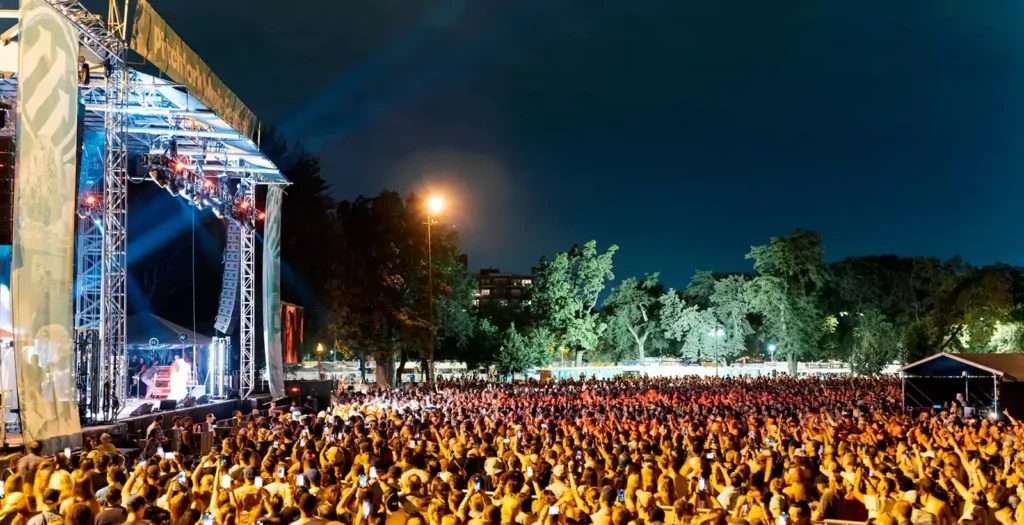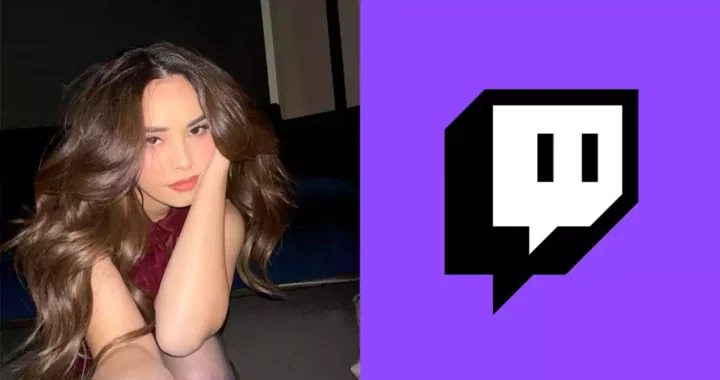Pitchfork Music Festival Chicago Ends After 19 Years, Citing Evolving Industry
3 min read
Image via X@pitchforkfest
After nearly two decades of being a staple in Chicago’s summer music scene, the Pitchfork Music Festival has officially announced its cancellation for 2025. The music publication, Pitchfork, broke the news via social media and its website, citing the “rapidly evolving music festival landscape” as the primary reason for this unexpected decision. Although they did not go into further detail, the statement emphasized that this was a tough choice for the organizers.
“For 19 years, Pitchfork Music Festival has been a celebration of music, art, and community—a space where memories were made, voices were amplified, and the shared love of music brought us all together,” the statement read. The festival, closely aligned with Pitchfork’s editorial vision, became a significant event in Chicago’s cultural calendar, drawing fans from around the world to Union Park each summer.
Nineteen years of music and memories. Thank you, Chicago. pic.twitter.com/SmNEXHwKiV
— Pitchfork Music Festival Chicago (@pitchforkfest) November 11, 2024
The festival’s history dates back to its origins as the Intonation Music Festival in 2005, organized by Skyline Chicago with Pitchfork Media curating the lineup. By 2006, the festival had evolved into the Pitchfork Music Festival, fully owned and operated by Pitchfork Media. The event quickly established itself as a key player among indie and alternative music festivals, featuring legendary performances by artists like Animal Collective, A Tribe Called Quest, Björk, Wilco, and the Isley Brothers.
This past July, the festival marked its final Chicago edition with a lineup that included Jamie xx, Alanis Morissette, Black Pumas, and Carly Rae Jepsen. The festival’s influence extended beyond Chicago, with international expansions to cities like Paris (from 2011 to 2022), London (from 2021 to 2023), Berlin, and a single event in Mexico City in 2023.
The news of the festival’s cancellation follows significant changes at Pitchfork itself. Earlier this year, Condé Nast, the parent company of Pitchfork, merged it with GQ, leading to several layoffs and a shift in strategic focus. Despite these changes, Pitchfork remains committed to hosting other cultural events in the future. The publication hinted at new projects on the horizon, stating, “Pitchfork will continue to produce events in 2025 and beyond. We look forward to continuing to create spaces where music, culture, and community intersect in uplifting ways—and we hope to see you there.”
The cancellation has left many fans and artists reflecting on the festival’s impact on Chicago’s music scene. Over its 19-year history, the Pitchfork Music Festival became known for its curated lineup that often featured a mix of established artists, indie darlings, and emerging talent. It served as a platform for diverse voices and genres, creating memorable experiences for both performers and attendees.
The festival’s legacy is tied not only to its eclectic lineups but also to its role in fostering a community that embraced the spirit of independent music. Fans took to social media to express their disappointment over the news, reminiscing about past performances and the unique atmosphere that set Pitchfork apart from other festivals.
Mike Reed, one of the festival’s founders, was singled out for praise in Pitchfork’s statement for his vision and dedication over the years. The festival also expressed gratitude to the City of Chicago, the artists, and its loyal fans who brought energy and support to each event. Additionally, the hardworking festival team, including event production partner At Pluto, was acknowledged for their role in making the festival a beloved tradition.
While it remains unclear if Pitchfork will continue its international festivals in cities like Paris and London, the publication’s commitment to producing future events suggests that fans may still have opportunities to experience Pitchfork-curated shows in new formats.
For now, the end of the Pitchfork Music Festival in Chicago marks the close of an important chapter in the city’s music history. As the festival landscape continues to shift, Pitchfork’s legacy as a curator of indie and alternative music will undoubtedly be remembered by the countless fans and artists who were part of its nearly two-decade run.



